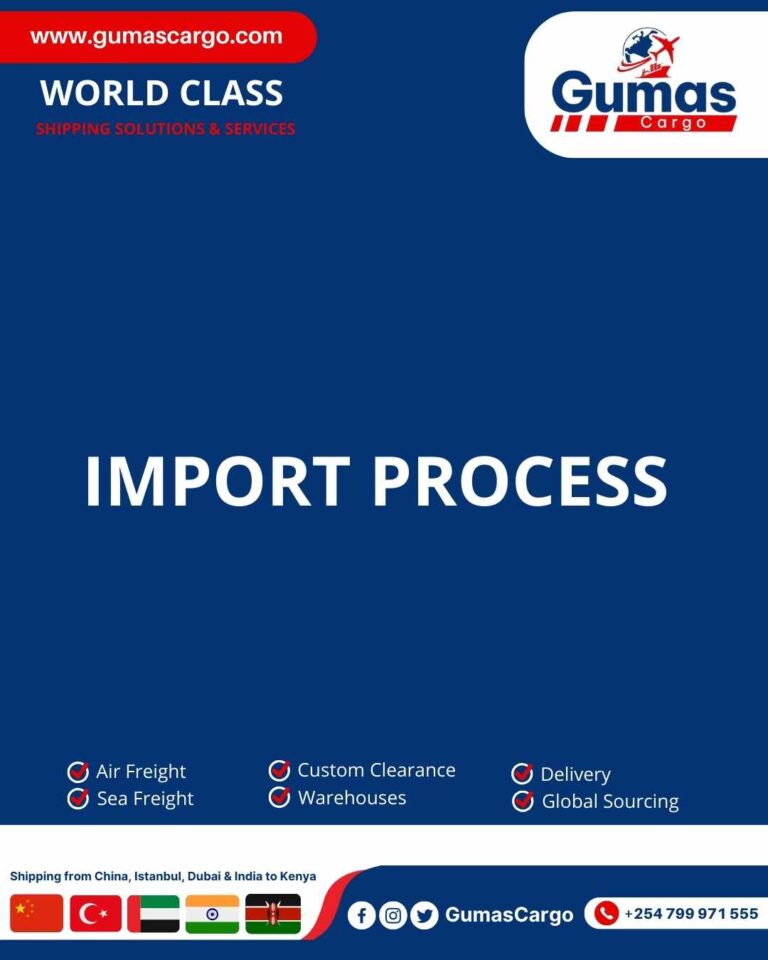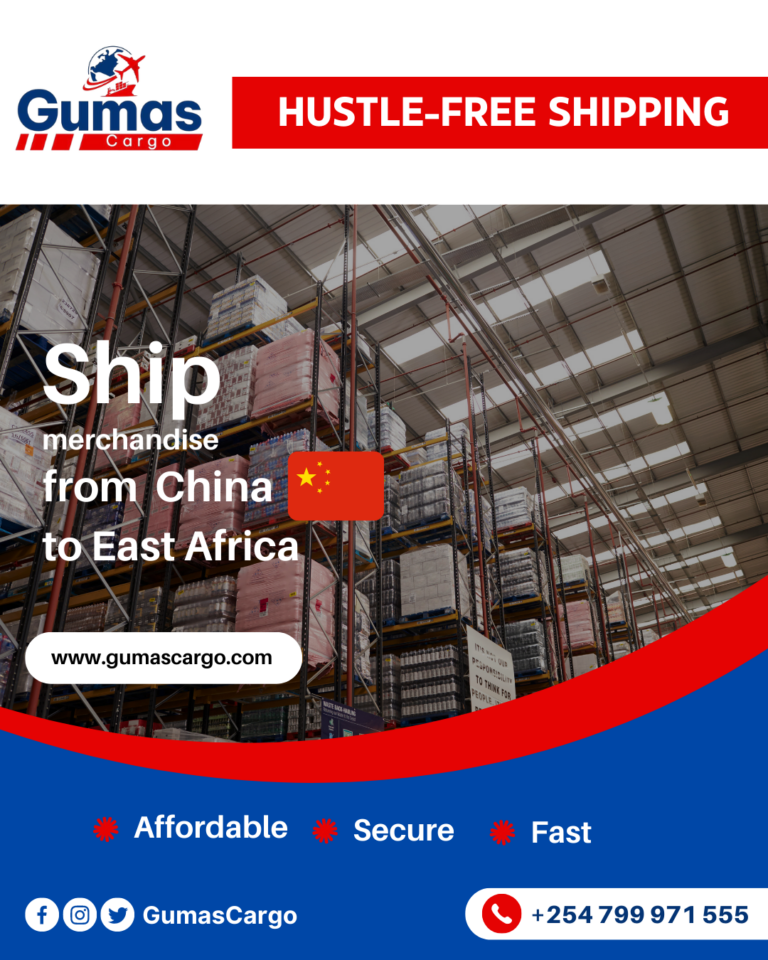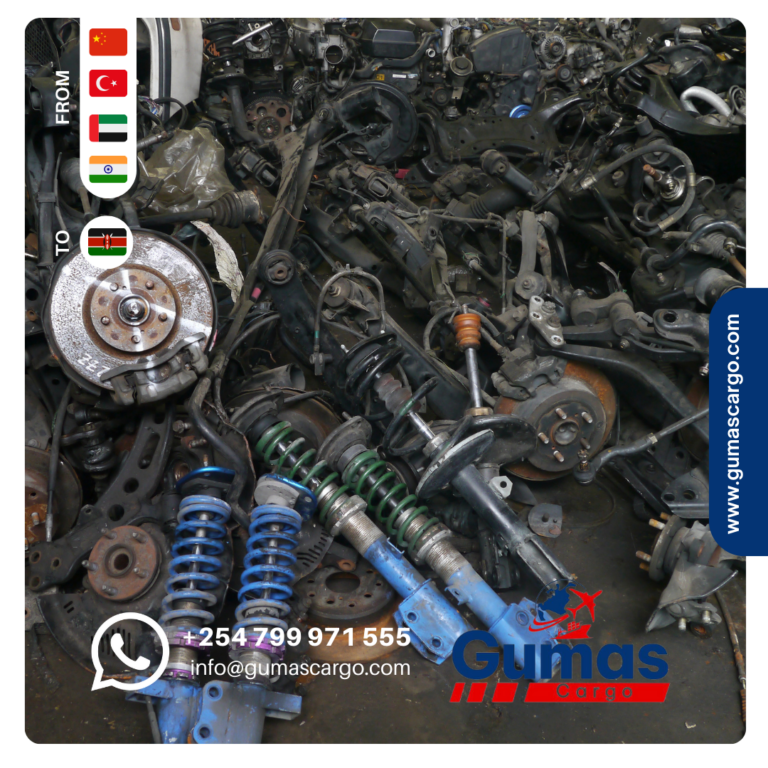How to Start an Import Small Business of Electronic Accessories from China to Kenya: A Lucrative Venture Unveiled
Embark on a profitable journey by learning How to Start an Import Small Business of Electronic Accessories from China to Kenya. This comprehensive guide covers market research, identifying suppliers, legal requirements, logistics, marketing, and customer service. Unlock success with step-by-step insights and essential tips.
Introduction
Starting an import business of electronic accessories from China to Kenya holds immense potential for success. In this guide, we’ll provide you with a detailed roadmap, ensuring your venture is not only lucrative but also well-executed.
Step 1: Market Research
Embarking on your import business requires a solid foundation. Conduct thorough market research to understand the demand for electronic accessories in Kenya. Identify high-demand products, setting the stage for a successful business launch.
Market research is your compass in the business world. It helps you understand the pulse of your target market. In Kenya, electronic accessories may have varying demands, and tapping into the right products is key. Through thorough research, you’ll uncover trends, preferences, and opportunities, ensuring your import business starts on solid ground.
Step 2: Identify Suppliers
Choosing the right suppliers in China is a critical step in your import journey. Leverage online platforms like Alibaba or attend trade fairs to establish reliable connections.
Your suppliers are the backbone of your business. Finding trustworthy partners in China ensures the quality and timely delivery of your products. Online platforms like Alibaba provide a vast pool of potential suppliers, and attending trade fairs offers a unique opportunity for face-to-face interactions, fostering lasting relationships.
Step 3: Legal Requirements
Navigate the legal landscape in Kenya by understanding and fulfilling all necessary requirements. This includes business registration, licenses, and permits.
Legal compliance is non-negotiable. Understanding and adhering to Kenya’s import regulations protects your business from potential setbacks. Registering with the relevant authorities and obtaining the required licenses sets the stage for a smooth operation within legal boundaries.
Step 4: Logistics
Efficient logistics are crucial for successful imports. Decide on shipping methods—air or sea freight—and factor in customs duties and taxes.
Logistics is where strategy meets reality. Choosing between air and sea freight depends on various factors, each impacting your bottom line differently. Navigating customs duties and taxes requires careful planning to avoid surprises, ensuring a seamless flow from China to Kenya.
Step 5: Marketing
Once your products are in hand, it’s time to showcase them to your target audience. Establish an online presence through a website, social media, or even a physical store.
Marketing is the heartbeat of your business. Creating visibility in the crowded marketplace requires a strategic approach. From a captivating website to leveraging social media trends, your marketing efforts will shape your brand and attract the right customers.
Step 6: Customer Service
Excellent customer service is the secret sauce for business growth. Implement systems to handle inquiries and complaints, fostering customer loyalty.
Your customers are your brand ambassadors. Providing top-notch service ensures they not only return but also recommend your products. Establishing effective systems for handling inquiries and complaints is pivotal in building trust and growing your customer base.
Frequently Asked Questions
Q: What electronic accessories are in high demand in Kenya? Kenya’s electronic accessory demand varies, but products like mobile phone accessories, power banks, and headphones often enjoy high demand.
Q: How can I find reliable suppliers in China? Platforms like Alibaba and attending trade fairs provide opportunities to connect with reputable suppliers. Establish clear communication and build trust.
Q: What legal requirements do I need to fulfill in Kenya? Ensure proper business registration, obtain relevant licenses, and adhere to import regulations to operate legally in Kenya.
Q: What is the best shipping method—air or sea freight? The choice between air and sea freight depends on factors like cost, product nature, and urgency. Evaluate the pros and cons for informed decisions.
Q: How can I effectively market my imported electronic accessories? Establish an online presence through a user-friendly website, leverage social media, and consider a physical store for a comprehensive marketing approach.
Q: Why is customer service crucial for an import business? Excellent customer service fosters customer loyalty, encouraging repeat business and positive word-of-mouth recommendations.
Conclusion
Starting an import business from China to Kenya is a thrilling venture filled with opportunities. Remember, this guide is a general roadmap; individual circumstances may vary. Always seek professional advice to ensure your business’s success.

At Gumas cargo, we offer air cargo, sea cargo, land cargo, door to door, online shopping, parcel delivery, warehouse storage, custom clearance and brokerage at competitive rates. We also offer tailor-made solutions for your cargo services. Gumas Cargo prides itself on offering the highest levels of service to its customers.







